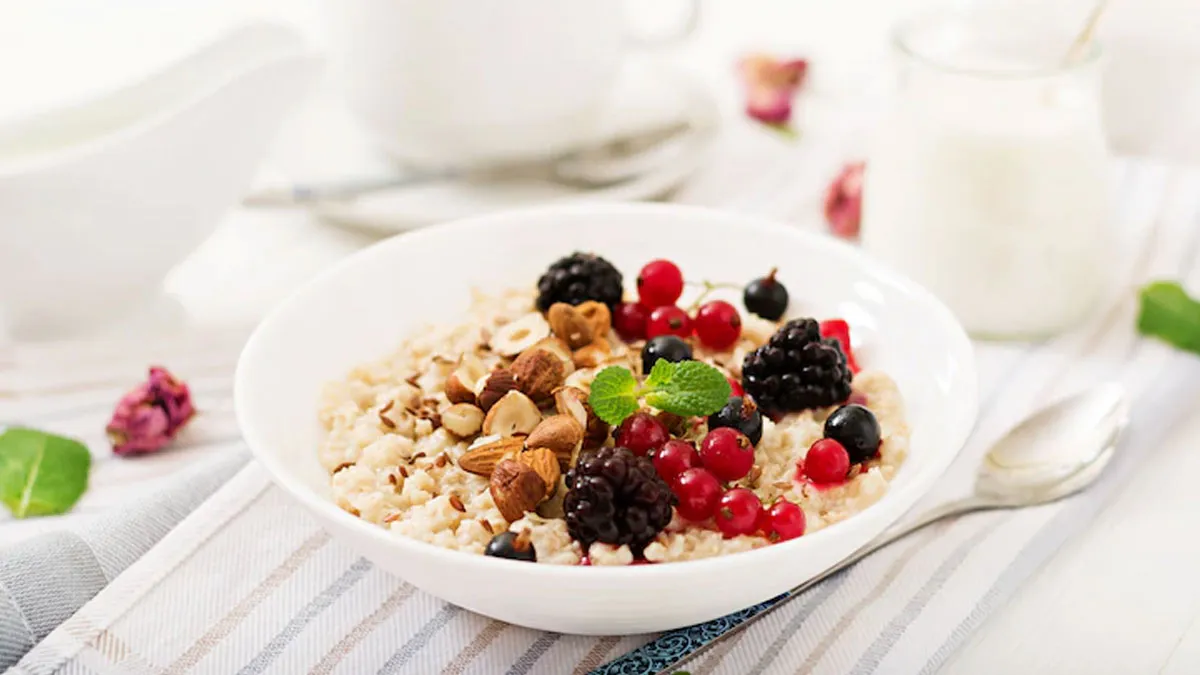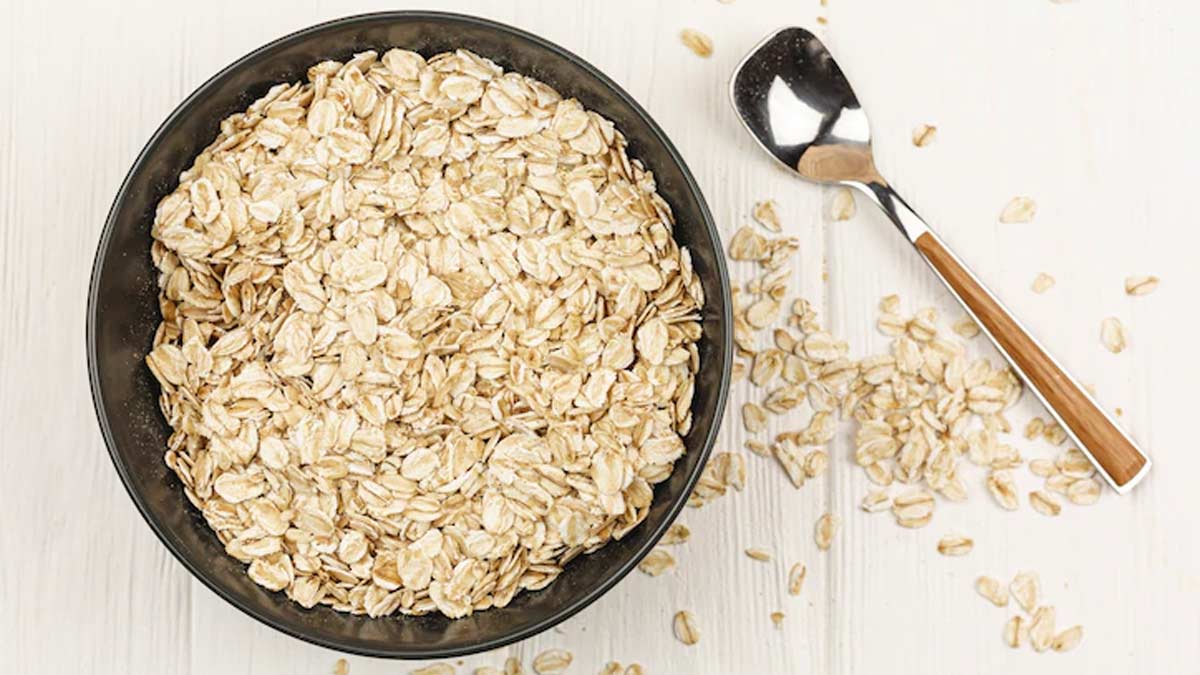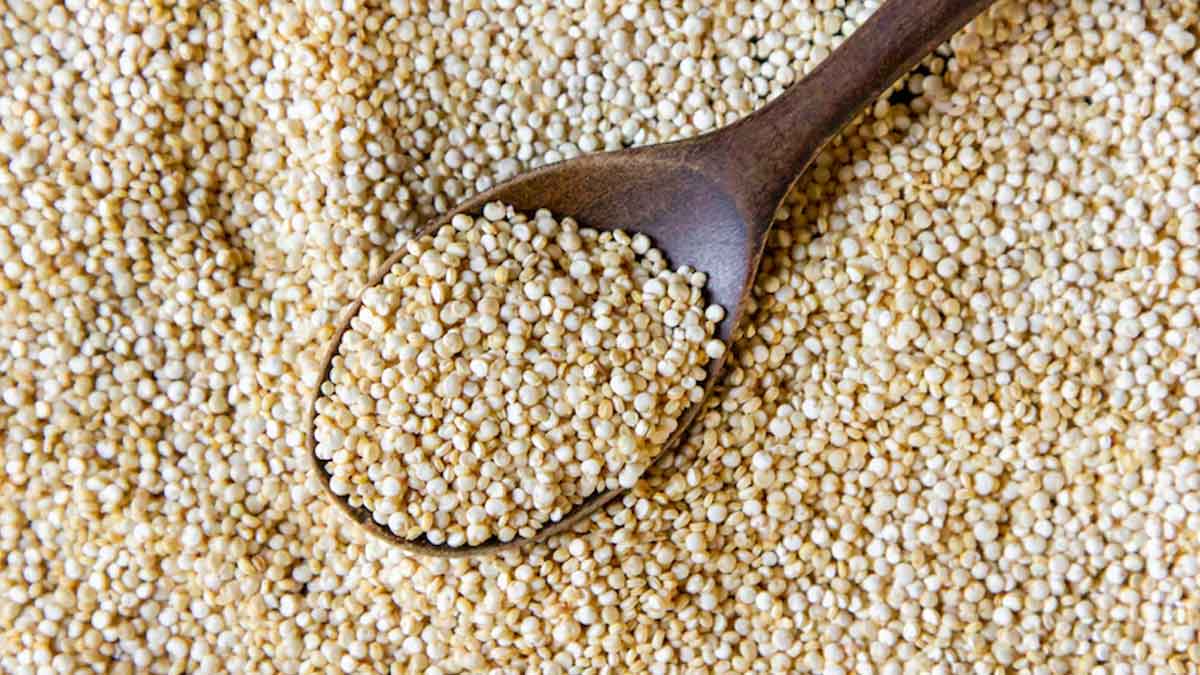
In the continuously growing world of health and wellness, two old grains always catch the limelight in the superfood category viz-a-vis oats and quinoa. Both are celebrated for their nutritional aspects, flexibility, and capacity to aid a wholesome diet. But which one is superior when it comes to a face-off?
Table of Content:-
In an exclusive interaction with the editorial team of Onlymyhealth, our expert, Pooja Singh, Dietician at ShardaCare, Health City - Nodia, helped us understand the nutritional facts, merits, and best applications of oats and quinoa so you can decide which one is superior for you.
Oats Vs. Quinoa Nutritional Showdown
In order to compare oats and quinoa properly, let's consider what they have to offer. Both are great sources of energy and essential nutrients, but their makeups vary. Here is how expert Pooja highlighted:
Oats (Avena sativa)
Widely regarded as the champion of the breakfast table, oats are whole grains that are full of goodness.
- Carbohydrates: Mainly complex carbohydrates, which release energy slowly.
- Fiber: High in both soluble and insoluble fiber, especially beta-glucan, which is famous for its heart-friendly credentials.
- Protein: Good source of plant protein, particularly for a grain.
- Vitamins & Minerals: Manganese, phosphorus, magnesium, B vitamins, iron, and zinc.
- Antioxidants: Special antioxidants avenanthramides.
Quinoa (Chenopodium quinoa)
Botanically more related to spinach and beets, but eaten as a grain.
- Carbohydrates: Also mostly complex carbohydrates.
- Fibre: Good dietary fiber source.
- Protein: The powerhouse of the star of the show, quinoa! It's a complete protein, so it has all nine of the essential amino acids that our bodies don't have the ability to make on their own. This is not typical of plant food.
- Vitamins & Minerals: Rich in B vitamins, magnesium, manganese, phosphorus, folate, copper, iron, and zinc.
- Antioxidants: Flavonoids quercetin and kaempferol are among its many.

Also Read: Struggling To Find The Right Hair Mask For Your Bleached Hair? Try These!
Nutrient Highlights (per 100g cooked, approx.)
- Calories: Quinoa is denser in calories than oats.
- Protein: Quinoa contains much more and complete protein than oats.
- Fibre: Quinoa tends to contain a bit more fiber than oats.
- Magnesium: Quinoa is a rich source of magnesium and often beats oats.
- Iron: Both quinoa and oats are rich sources of iron.
- Gluten-Free: Both are naturally gluten-free (read labels for possible cross-contamination, particularly with oats).
The Benefits: Why You Should Eat Both
Both oats and quinoa provide a wealth of health benefits that make them good additions to any diet.
Benefits of Eating Oats
- Heart Health: The rock star soluble fiber, beta-glucan, reduces LDL (bad) cholesterol and can assist in maintaining stable blood sugar levels.
- Digestive Health: Both insoluble and soluble fiber encourage regular bowel movements and can avoid constipation.
- Endurance Energy: Complex carbohydrates release energy slowly and consistently, leaving you feeling satisfied and energized for longer.
- Weight Control: The fiber will help with fullness, which may help with weight control.
- Skin Wellness: Avenanthramides are anti-inflammatory and contribute to skin wellness.
Benefits of Eating Quinoa
- Plant-Based Protein Powerhouse: Perfect for vegetarians, vegans, and anyone who wants to increase their protein levels, which aid in muscle repair and regeneration.
- Blood Sugar Control: Its protein, fiber, and complex carbohydrate content stabilize blood sugar levels, which is ideal for diabetics.
- Bone Health: It is a rich source of magnesium and phosphorus, essential minerals for building healthy bones.
- Antioxidant Rich: With high antioxidant levels, it helps protect against free radical damage and inflammation.
- Iron Boost: It's a rich source of iron, essential for oxygen transport in the blood and to avoid anemia.

Also Read: Can Peeing After Sex Stop UTIs? What Science Says About This Common Advice
Which One Is Better For You?
The response is not an easy ‘one is better than the other’ and according to our expert, it really does vary based on your own dietary requirements, tastes, and health objectives. Here is how you can choose between the two:
Select Oats if:
- You're seeking an affordable, easy-to-find breakfast mainstay.
- You're concerned with heart health and cholesterol control.
- You require long-lasting energy for morning or pre-workout.
- You like the creamy consistency of oatmeal.
- You're looking for weight control owing to its satiety-inducing fiber.
Select Quinoa if:
- You are vegan or vegetarian and require a complete protein.
- You are an athlete or a very active person and need more protein for repair.
- You are seeking a staple grain that can be added to meals, salads, and even baked goods.
- You are trying to control blood sugar and enjoy its lower glycemic effect.
- You desire a more mineral-rich source of essential minerals such as magnesium.
In the end, both oats and quinoa are nutritional giants that are worth a spot in your healthy eating plan. Don't think of them as rivals, but as complementary.
Bottomline
Begin the day with a bowl of oatmeal for long-lasting energy and good heart health. Add quinoa to your lunch or dinner as a protein-packed foundation for salads, a side dish, or even as a binder in veggie burgers.
By consuming both oats and quinoa, you are able to obtain the varied benefits of each, resulting in a balanced and nutritious method of approaching your health and wellness. So go ahead – indulge in the benefits of both!
Also watch this video
How we keep this article up to date:
We work with experts and keep a close eye on the latest in health and wellness. Whenever there is a new research or helpful information, we update our articles with accurate and useful advice.
Current Version